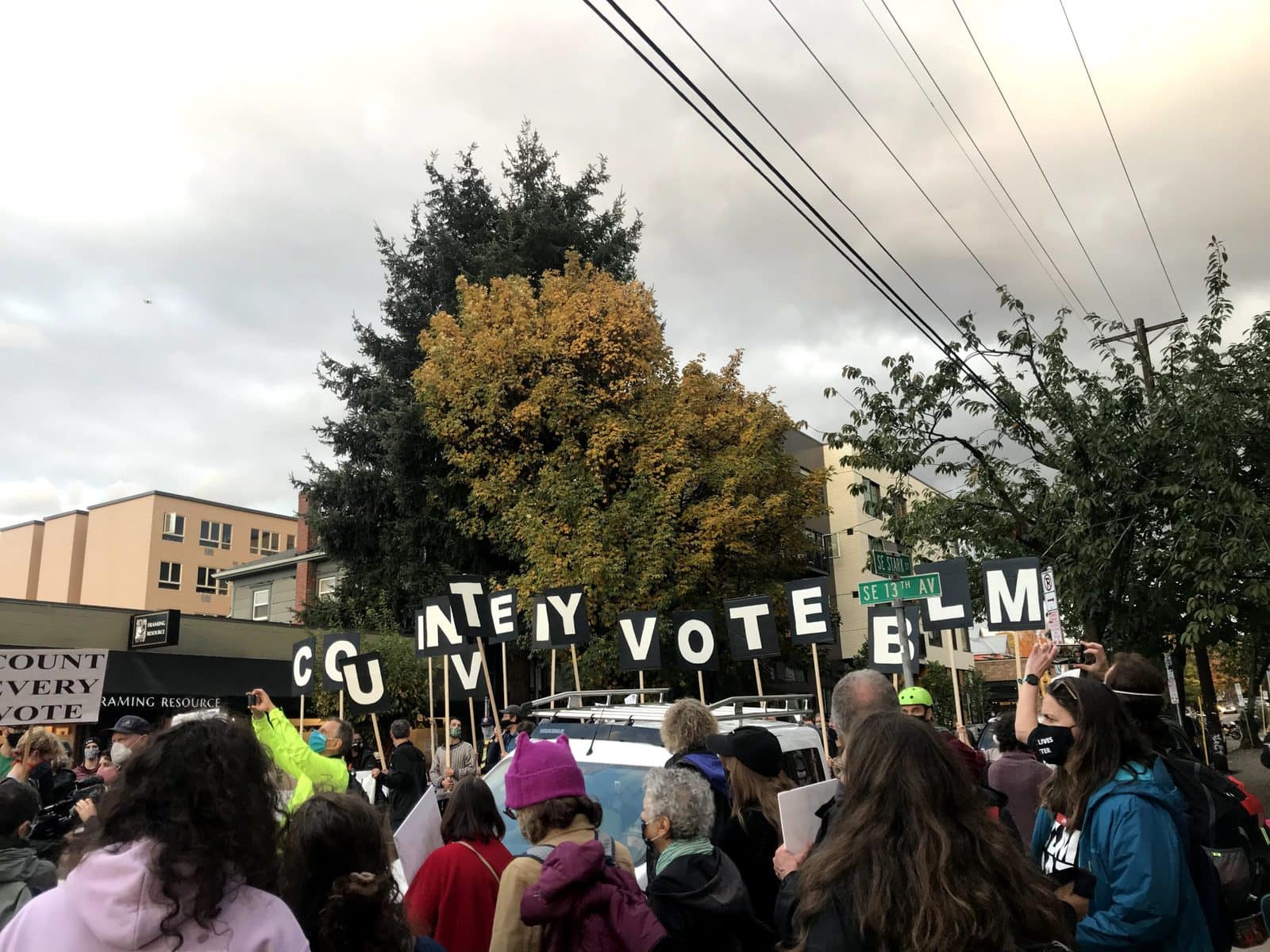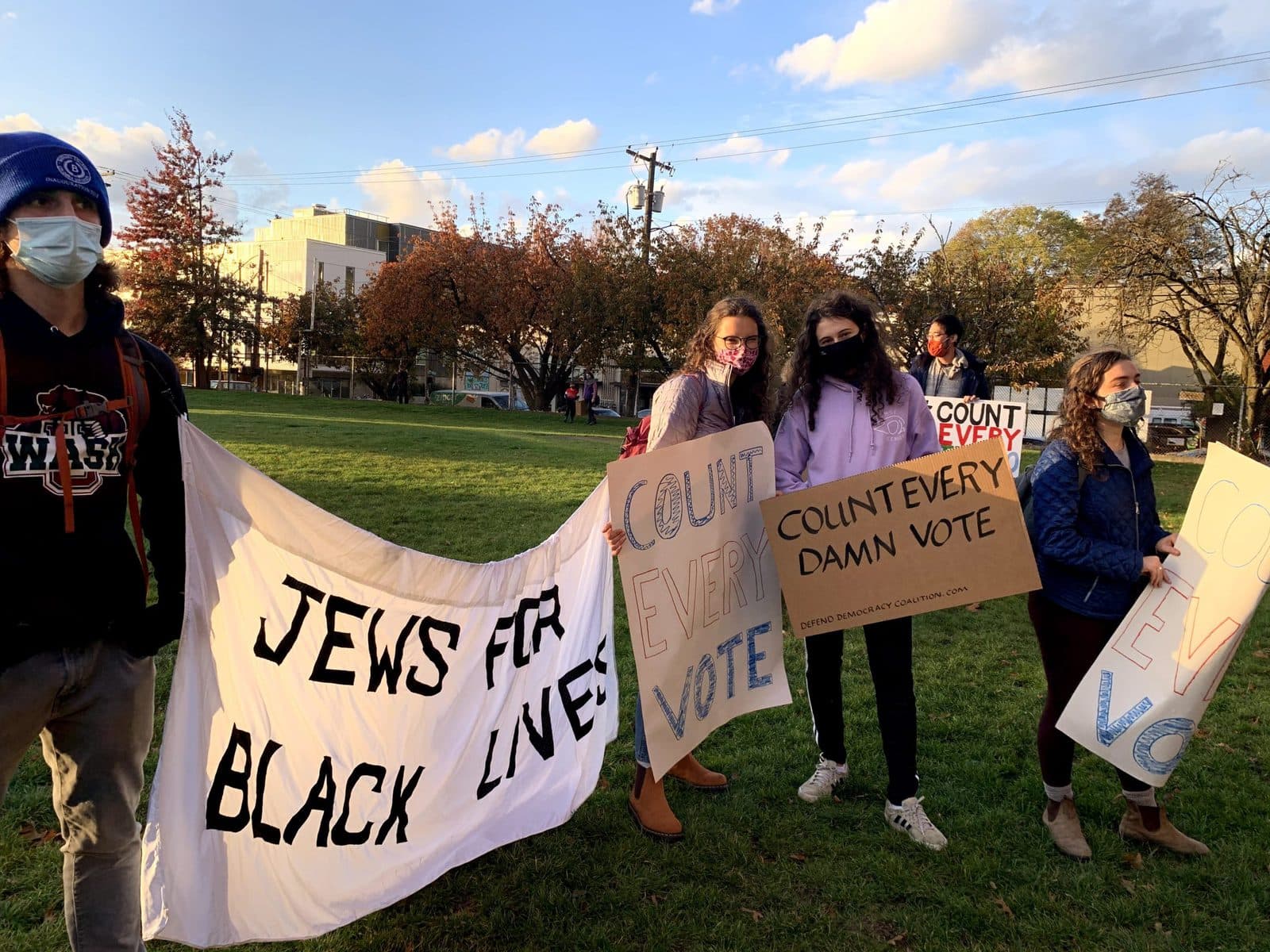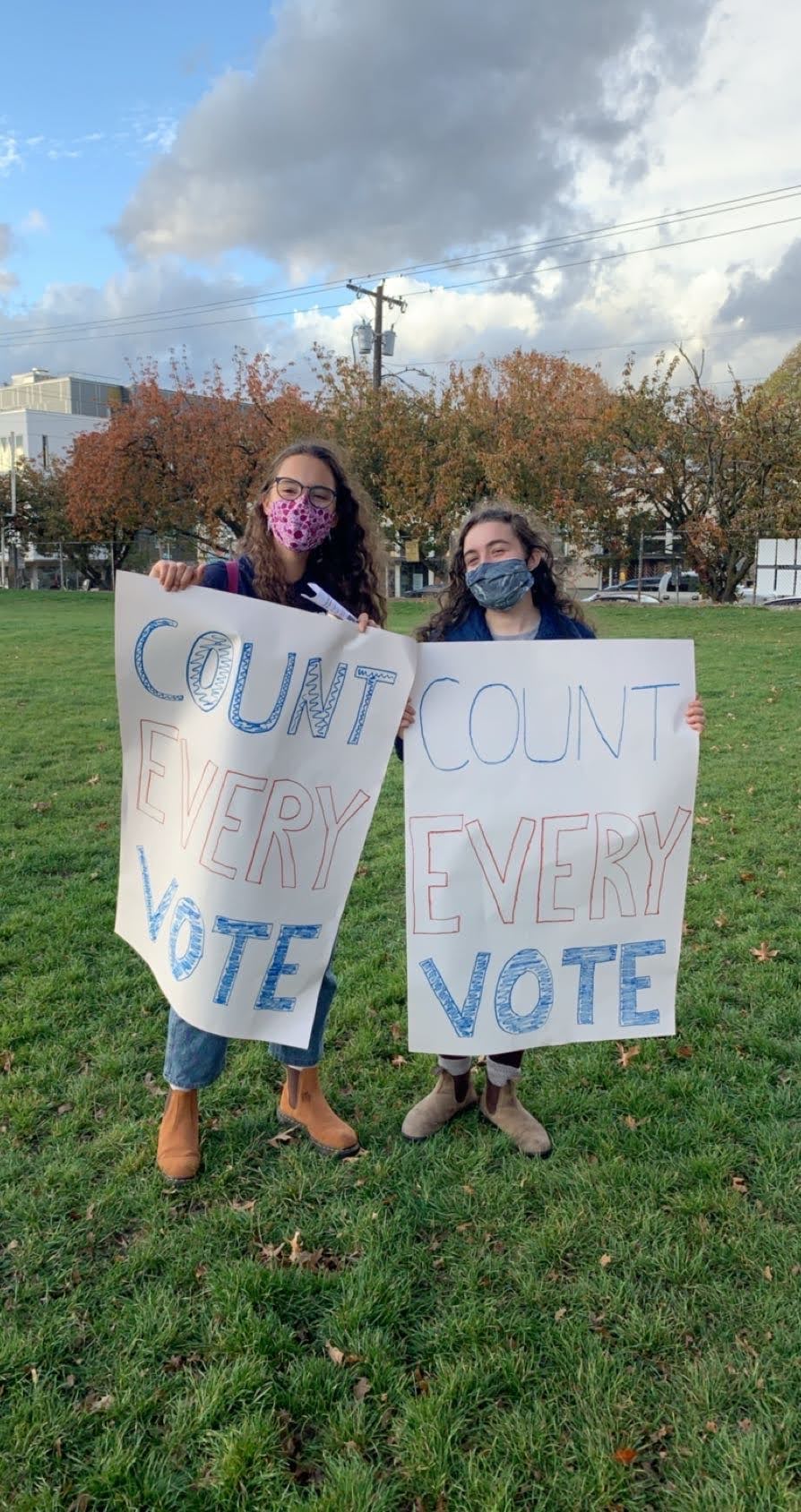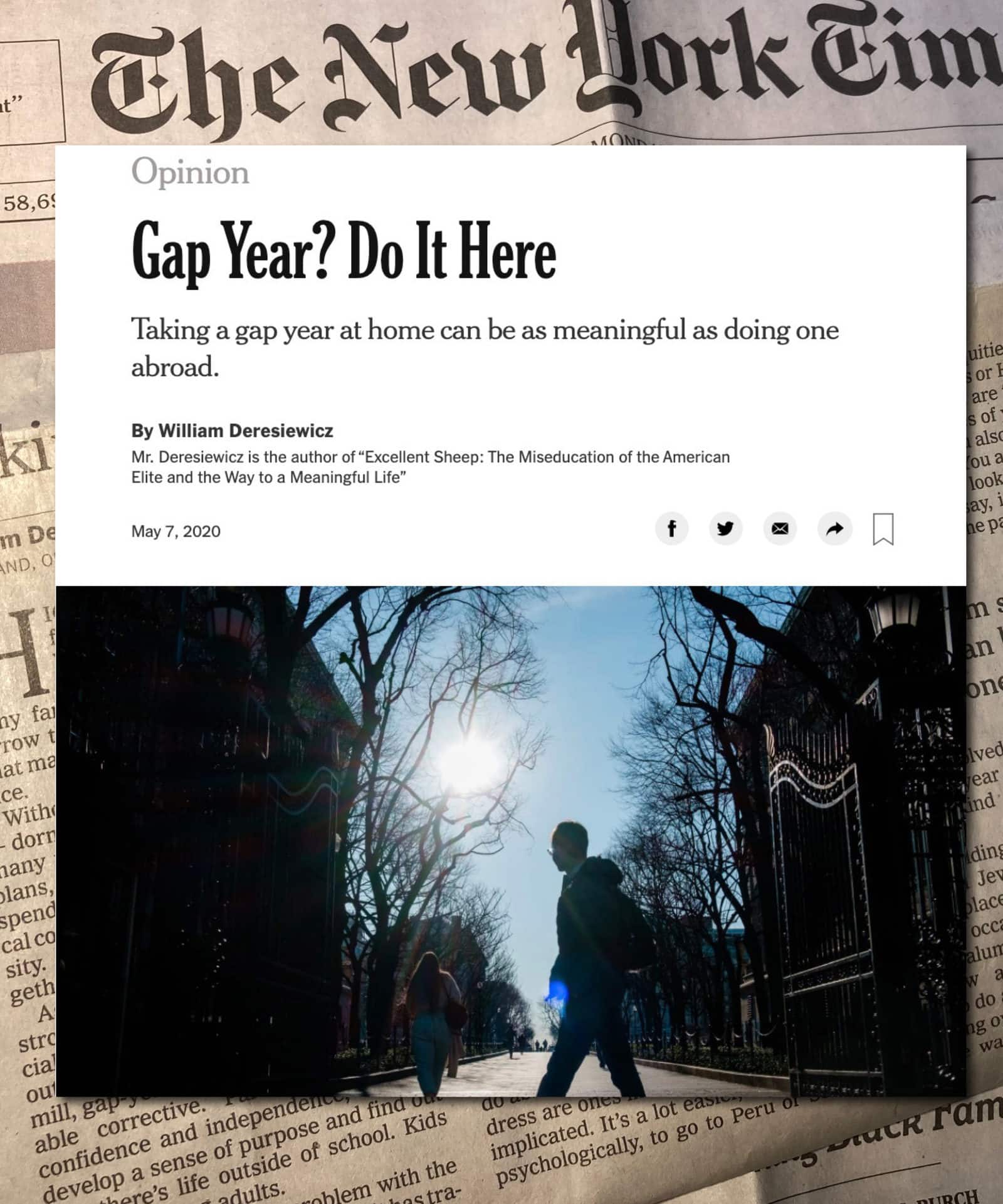This blog post was written by Bella Saunders, a member of the Tivnu 7 cohort, from Columbia, MD. On any given Tuesday, you can find Bella talking about canned beans, snuggling, memorizing unproductive information, laugh-snorting at inopportune times, fiddling with random household objects, and flopping around. She interns at Innovation Law Lab and Tivnu construction.

I love class discussions. Throughout my years in school, I shot up my hand in every class, eager to debate, counter, or question. It wasn’t until a recent Tivnu discussion about different ways each of us processes experiences (meta, indeed), that I realized I tend to wait to speak until I can disagree or counter a point. From my experience being a middle child in my family’s lively dinner discussions, I have always been eager and encouraged to share my opinion. I feel a rush when formulating a new point, a new idea, or new question. In my public school experience, the students who most often raised their hands received praise and recognition. Through large group discussions and lecture-style lessons, my classes were structured to uplift and empower quick verbal processors. From kindergarten class to Debate Club to Zoom calls, I have been trained to always have an answer at the ready.
Following the presidential election, I attended a protest with some fellow Tivnuniks. A local Black activist and drummer spoke first. He shared that he was not here to shame the white people present, but to ask us to reflect on the feeling of having our rights and livelihoods threatened by four more years of a Trump presidency. He stated that that fear is what Black people in America have experienced for four hundred years. He promised to use his voice to fight for the rights of non-Black people and expected that others do the same for Black people. His words reminded me of the Lilla Watson quote, “If you have come here to help me, you are wasting your time. But if you have come because your liberation is bound up with mine, then let us work together.”
Under my mask, I felt my mouth moving around forming half words, half thoughts. His speech stuck with me as we marched. Hours, days, and weeks later I continued to feel a tug on my heart – my brain felt desperate to form some sort of answer or response.

Recently, our cohort Zoomed with a representative of the Fair Housing Council of Oregon and learned about the state’s complex housing history, which is fraught with systemic racial and ethnic discrimination. Following the presentation, two Tivnuniks asked how we can reconcile living in our predominantly white neighborhood of Irvington in Northeast Portland, where the impacts of redlining and gentrification continue to segregate and polarize the community. I sat on the rug fiddling with my pen, defensive questions ricocheting around in my brain. Someone questioning where I live made me feel distinctly uncomfortable. However, as I let those indignant thoughts simmer in my brain, I realized that the discomfort that had lodged in my heart this past week from the protest was neither a disturbance nor a bother.
Prominent criminal defense attorney and founder of the Equal Justice Initiative, Bryan Stevenson says, “We have to be willing to do things that are uncomfortable and inconvenient… We advance justice only when we’re willing to do things that are uncomfortable.”
Over the past couple of months, my fellow Tivnuniks and I have discussed why we all feel passionate about social justice, why we are spending 9 months here, and what is motivating us — is it guilt, anger, hope? Prior to arriving in Portland, I had not thought of discomfort as a motivator for my work. But as I lean into this discomfort, I am starting to recognize the grave injustices that permeate our society, not as theoretical concepts or far off ideas, but as forms of systemic discrimination that directly affect the populations with whom I work. Now when I see hundreds of unhoused people in tents lining the sidewalks, or hear a news story about a Covid outbreak in a migrant worker community, I feel discomfort, because I know I am twisted in this tangle of injustice. And so rather than looking away, I have been working on channeling that discomfort into purpose.

So I will keep raising my hand, asking questions, updating immigration case placements for my internship, building tent platforms for houseless folks at construction, listening a little more, defending a little less, and grappling with my place in our crazy fractured world. I know that these injustices are not going away any time soon; there are no quick fixes or easy answers. But by opening myself up to that fundamental discomfort, I am gaining the ability to see and hear not what is pleasant or what feels good, but to recognize as Watson said that “our liberations are bound up with [one another’s].” We are all in this complex web of human mistakes and triumphs and I am learning that my discomfort is one small part of that web, a tool that I can use to push down my walls and dive in headfirst to fight for a more just world, for us all.

Follow Us
Sign Up For Updates
Taking a gap year in the US can be as meaningful as doing one abroad.
 Featured in The New York Times
Featured in The New York Times